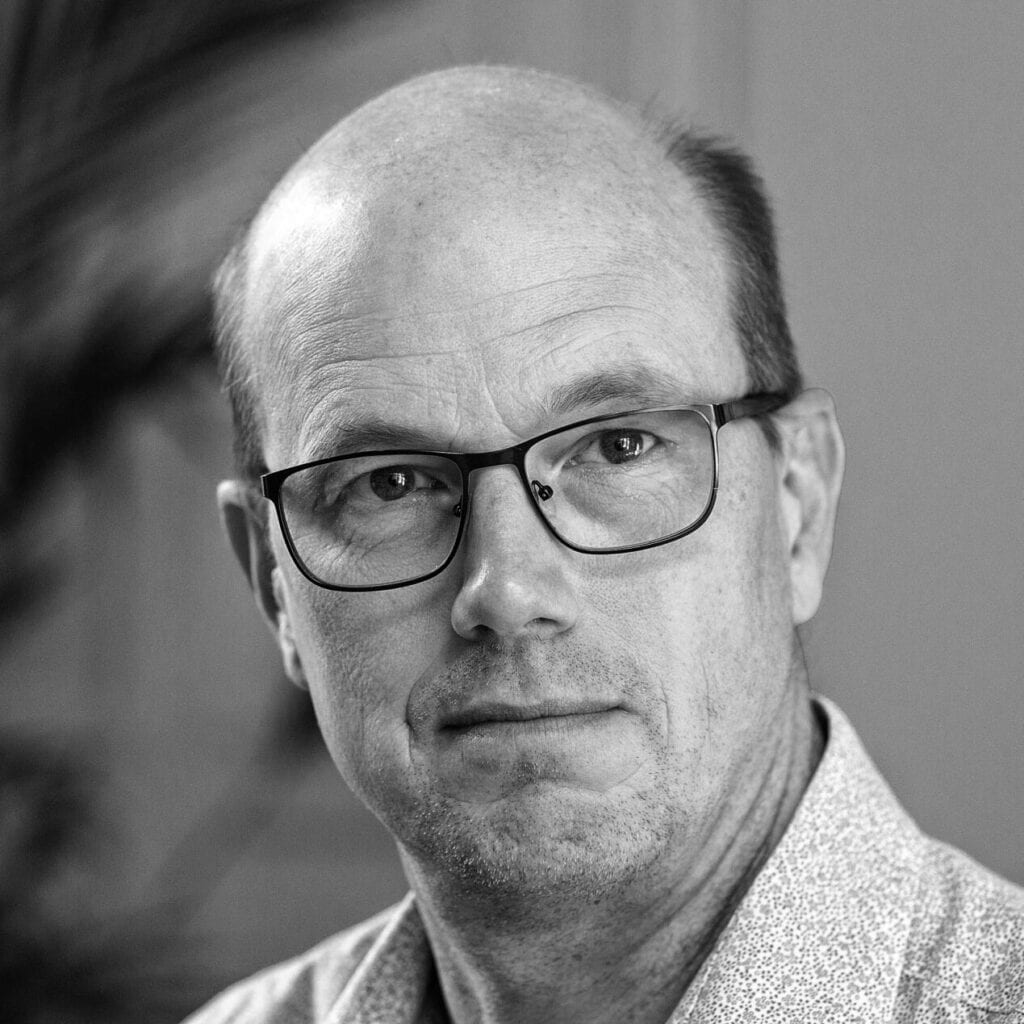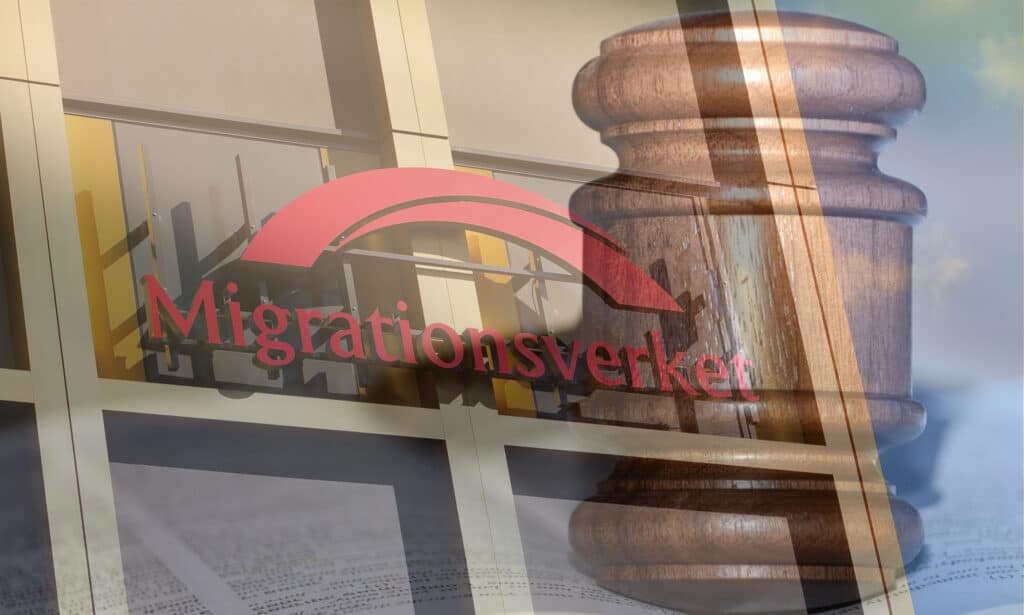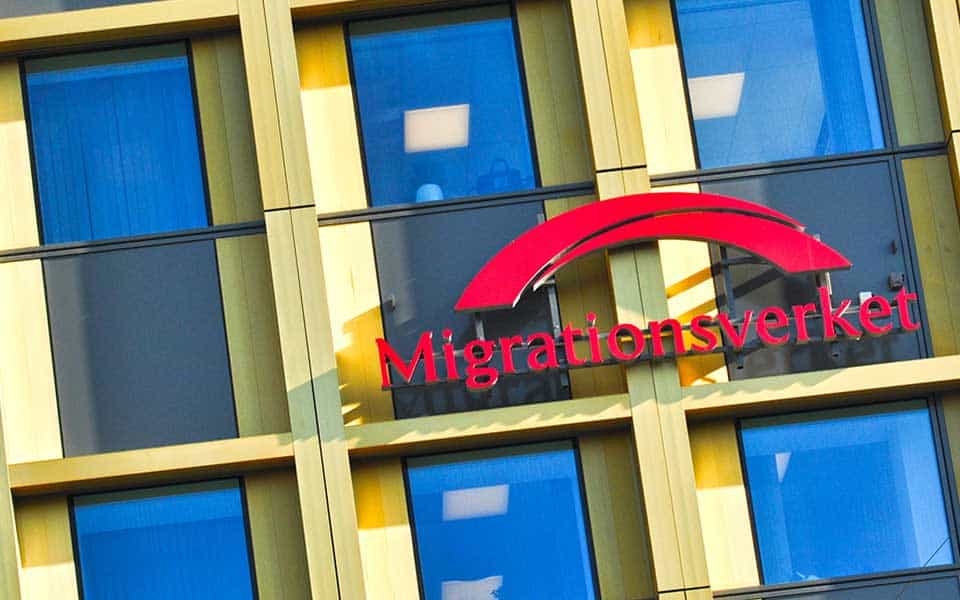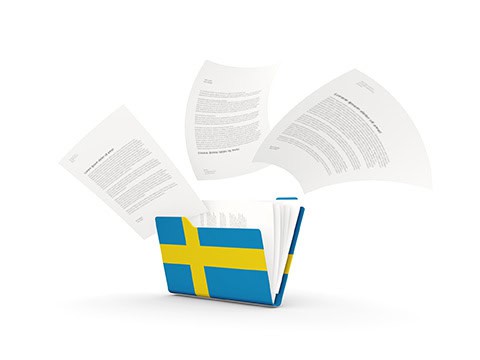In November 2022, the Migration Agency denied a doctoral candidate a permanent residence permit. The doctoral candidate had had a number of time-limited residence permits since mid-2017 through a relationship with a partner in Sweden. The Swedish Migration Agency chose to extend their temporary residence permit instead of granting a permanent one.
The doctoral candidate, who has been employed at a Swedish university since May 2019, appealed to the Migration Court. The court found in their favour, and they were granted a permanent residence permit.
Migration Agency appealed
The Swedish Migration Agency then appealed the decision to the Migration Court of Appeal on the grounds that there is an 18-month self-support requirement. The doctoral candidate’s employment contract of 12 months at a time was not considered by the authority to be sufficient to grant a permanent residence permit. However, the Migration Court of Appeal accepted the doctoral candidate’s arguments and rejected the Migration Agency’s appeal.
SULF has long lobbied for a change to the self-support requirement, and has even written to the Ministry of Justice.
“It is good that we now have clarification regarding the self-support requirement. Whether it is 18 or 12 months has been unclear for a long time,” says SULF’s head of negotiations, Robert Andersson.

Robert Andersson
SULF´s head of negotiations
Verdict cannot be appealed
The fact that the Migration Court’s decision cannot be appealed means that it is now clear and established that 12 months is enough, he believes.
According to the ruling, the Migration Court of Appeal believes there is no question that the doctoral candidate’s salary is high enough to be granted a permanent residence permit and that they fulfil all other requirements. Regarding the question of whether 12 or 18 months is to apply, the court emphasised that there is no generally accepted definition of the meaning of the duration requirement for eligibility for a permanent residence permit.
It therefore referred to another of its verdicts, from 2019, which concerned a case about an application for a temporary residence permit due to a relationship. In that ruling, the duration requirement was set at a minimum of one year, and the court ruled that the same requirement should apply in the doctoral candidate’s case.
Different assessments
There is no reason why the concept of a certain duration should be assessed in different ways when it comes to applications for permanent residence permits and relationship cases, the court believes. It is also reasonable that the same concept has the same meaning, even if it is found in different places in legislation, the court writes in its verdict.
One of the three judges disagreed and instead wanted to uphold the Migration Agency’s appeal and thus revoke the doctoral candidate’s permanent residence permit.
“The judges are independent of each other in their assessments, but it is the majority of the court that determines the verdict,” says Andersson. “I don’t see that it really matters that much that they weren’t unanimous. If the judges disagree in the lower court, that may play a part in the higher court’s decision on whether to hear the case. But there is no higher instance in this case,”
“If the judges disagree in the lower court, that may play a part in the higher court’s decision on whether to hear the case. But there is no higher instance in this case.”
Robert Andersson
Migration Agency updating its guidelines
As a result of the verdict, the Migration Agency’s legal department is in the process of updating the authority’s legal position so that it is in line with the new ruling. However, the processing of ongoing applications has not been paused during the time that the position is being updated.
”There is no official decision-making freeze at the authority, but employees who work with application processing have been informed of the verdict and that the legal position will be updated as soon as possible,” writes Rebecka Paulusson, a press officer at the Swedish Migration Agency, in an email to Universitetsläraren.
SULF wants changes in the regulations
Although the verdict is positive from the union’s point of view, Robert Andersson does not believe that the finish line has been crossed yet. SULF still wants politicians to change the regulations, he says.
“Ideally, we want them to remove the self-support requirement for doctoral candidates and researchers entirely. Or at least shorten it. We have suggested that six months would be sufficient.”
He also points to other issues that need to be resolved politically. For example that children of researchers should be able to apply for a residence permit without having to leave Sweden, what rules apply to people with overseas postings and the rules that make it impossible to change residence permits without leaving the country.
The government aims to examine the rules
There is a commitment in the Tidö Agreement between the government and its collaboration partner the Sweden Democrats to set up an inquiry to examine the rules for residence permits for doctoral candidates and researchers. However, so far no inquiry has been announced.
According to an email to Universitetsläraren from the Ministry of Justice, the assignment is still being prepared. ”Unfortunately, we cannot give any more details about when a decision will be made,” wrote Jenny Ludvigsson, a legal adviser at the Ministry of Justice’s migration law unit.
Permanent residence permits and the wording of the Tidö Agreement
A permanent residence permit is valid for as long as the person in question remains in Sweden. It can only be revoked in specific circumstances, for example if the person moves permanently to another country or is found guilty of a serious crime.
A temporary residence permit is valid for a certain period of time and applications for extension need to be made at regular intervals. The permit will be extended if the requirements are met.
The Tidö Agreement, the cooperation agreement between the government and the Sweden Democrats, contains a statement that there is a need for special provisions on ”the possibility of being granted a residence permit after a certain period of continuous employment” for doctoral candidates and researchers.



















